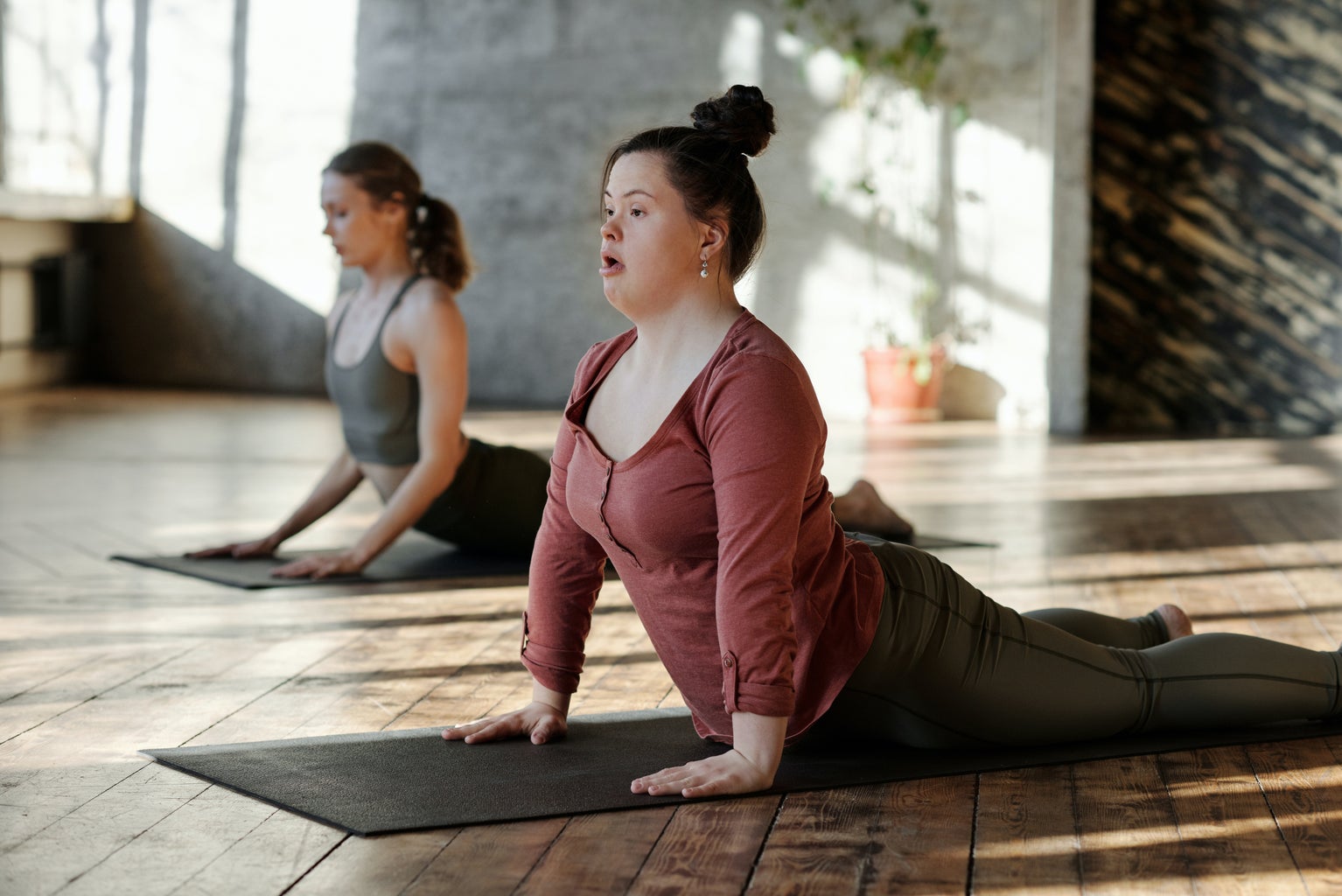Self-care seems like a simple enough term. It’s straight-forward; the practice of caring for yourself. But, to me, it is much more complicated. I need someone to define “care” for me, because I cannot figure it out on my own. If I were left to my own devices, self-care would mean shovelling Doritos into my mouth by the handful, locking myself in my room for days on end, and playing video games so obsessively that I know more about their inner workings than their own creators. That can’t be right, can it? The word “care” means growth. It means health. When you add the word “self” before it, that means figuring out what activities are in the best interest for your flourishing, and making time for them. I can sometimes get stuck on step one of that. How do you correctly determine what you need to be the best you? How do you figure out which activities are refreshing and uplifting, and which are just an energy-draining waste of time? I think that’s incredibly personal, and there is no one fix that works for each person. I think we should all check in with ourselves to find when self-care is necessary, what works for us, and how to find balance. I still am not fully sure, but here are some tips and tricks I have used in my own life to identify which self-care practices are what I need.
The first step is identifying the stressors that you’re currently facing, or in other words, the reason you need some self-care. When I feel overwhelmed by my life, it usually comes from too much happening at once. I am not the best at compartmentalizing, and I tend to let issues in all different areas of my life affect one another. For example, recently I had a bad day at work. It made me feel anxious in general, and I found the idea of hanging out with friends exhausting and stressful, which is unlike me. If I find myself in this overwhelmed, anxious state, where I am stuck on one problem and it is affecting my mood in other areas of my life, I know that it’s time for self-care. So, for me, some indicators that I should think about self-care might be:
1. Incoming texts making me feel overwhelmed, rather than happy to hear from my friends.
2. Every question that I am asked makes me feel me anxious and irritated.
3. Being unable to participate in a conversation, because I am replaying a stressful situation in my head.
When I notice these things, I try to take a step back and realize that things that normally don’t upset me are starting to, so I am probably stressed and in need of self-care. Then I begin to try to figure out why that might be. To do this, I try to either identify the moment in the day that my mood changed, or just discern which thoughts in my head keep coming up to cause this mood.
Once I have identified that I am stressed and figured out the stressor, I try to set a goal of self-care. Let’s use the example I gave of a bad day at work. I work from nine to five every day, as I’m currently a student on an internship. If I encounter a problem at work, or make a mistake, and my day doesn’t go as well as others have, there is nothing I can do outside of those hours. So it is important for me to deal with the emotional anxiety of that bad day, helping myself to forget about it and feel better, until the next morning, when I can actually do something about the problem. In this case, the goal of my self-care is to completely forget about the issue and calm my emotions.
In a different situation with different stressors, that might not be the most helpful course of action, and the steps I’ll continue to outline in this article might not be fruitful. For example, if my stress was caused by too many social commitments, and not enough time to finish my work, my self-care goal might be to fix that issue, so I could stop worrying about it. So, I might cancel a few plans, make a schedule for my work, and get started on some tasks. As I said before, I think that in this way, self-care is incredibly personal and specific to individual situations. Not every method will help you with every problem, and I think it’s important to remember this and check in with yourself to identify what you need.
Okay, so I’ve identified my stressors and my goals. Now it’s time for action. This is the fun bit, taking part in something that I know will relax me and improve my mood. The only reminder I give myself here is balance. I don’t want my self-care to turn into a new problem, leading to needing more self-care, and a vicious cycle of stress.
For example, let’s continue using the same situation: The other day, a work issue occurred, and my goal was to forget about it and soothe my anxiety. I did this by making myself a cup of tea and watching a show I have been enjoying recently. This worked because it completely took my mind off things, and I felt better. However, that same night, I was also supposed to attend my weekly volleyball game. So, I was faced with a choice: Should I skip out on something fun, and just attend to myself? Or should I force myself to go to the game, even though that is not as relaxing as my bed, my tea, and my TV show? The latter seemed like compelling choice, especially since I was already doing it, and it required far less effort.
However, self-care doesn’t always equal relaxation. Going to the game would also take my mind off of work, and make me feel happy, which were my two self-care goals. And skipping it would mean I hadn’t had any social interaction or exercise that day. So, I forced myself to put in the effort it took to get out of bed (which, that day, was a lot of effort), and leave the house. If I had been so focused on my self-care that I hadn’t been able to maintain balance, I know I would have felt worse. Self-care feels great, and like all things that feel good, it can be addictive. That’s why, though it seems obvious and simple, I constantly have to remind myself to stay balanced, and not let relaxing activities outweigh my growth, or keep me from thriving.

So, there you have it, my three steps. Identify your stressors, set some goals and remember to stay balanced while practicing your self-care. Like I said, this should be personal to everyone, and unique to every situation. But, I hope my thoughts on identifying helpful vs. harmful self-care practices get you thinking about what works best for you!




